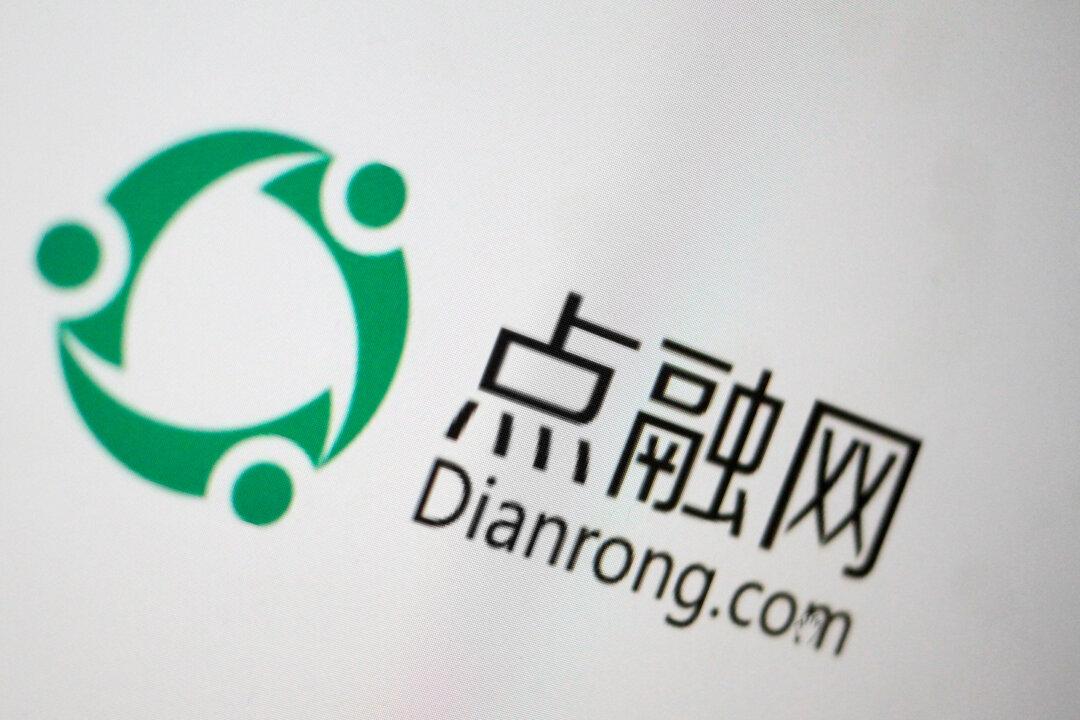SINGAPORE—Dianrong, one of China’s biggest peer-to-peer (P2P) lenders, is shutting down 60 of its 90 offline stores and laying off an estimated 2,000 employees, a source with direct knowledge of the matter told Reuters on March 1.
The shrinking of Shanghai-based Dianrong comes amid a wave of P2P company collapses and triggered protests by angry investors who lost their savings.





